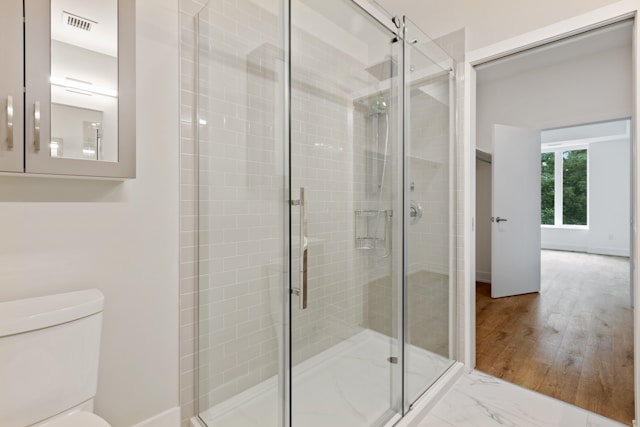Hot Water Tank vs Tankless Water Heater
How To Decide?
Hot Water Tank vs Tankless Water Heater: Water heaters can be a costly investment for home owners that you’ll be living with for over a decade. That’s why when it’s time to equip your new home, or replace your old water heater it’s important to consider cost, efficiency, and longevity of your new water heater. We’ve put together this comparison of storage water heaters vs tankless water heaters to help homeowners and contractors decide on the type of water heater that’s best for you. We’ll examine the pros and cons of tankless and traditional water heaters so you can make an informed decision.
What Is a Tankless Water Heater?
Tankless water heaters, also known as on-demand water heaters, use high-powered burners to rapidly heat water as it runs through a heat exchanger and deliver it directly to your faucets or shower without storing it in a tank. Tankless water heaters are usually powered with electricity or gas. These types of water heaters were found to be 22 percent more energy efficient on average than the gas-fired storage-tank models in tests conducted by Consumer Reports.
Tankless water heaters do cost more than water tanks, but you do get these advantages:
1. Much lower energy costs.
Because you only heat water when water is flowing, your energy costs will be much lower than with tanks – depending on your usage habits, you could see anywhere from 30 – 70% savings.
2. You get as much hot water as you can use.
This is great for larger families or people who have guests to stay with frequently. No more cold showers! For some homes that have lots of simultaneous water draws, installing a couple in parallel can help.
3. Many qualify for government rebates.
This can help offset the higher purchase price.
4. Smaller footprint.
Tankless models mount on your wall, so they save room in your basement utility area.
5. Much less chance of flooding should a breakdown occur.
Most modern units have flood prevention built-in – something most tanks don’t have.
6. A working lifespan that’s twice as long.
Tankless water heaters will last 20 years or more, with the right maintenance.

How are “Traditional” Tank Storage Water Heaters Different?
Storage tank water heaters are commonly found in most homes. Their components are an insulated tank, typically holding 30-50 gallons of water, to heat and store the water until it’s needed. A pipe emerges from the top to deliver hot water to its destination, kitchen, bathroom, or other sinks.
Typically, there are storage-tank water heaters that use either natural gas or electricity for their fuel. Natural gas storage-tank water heaters use almost 50 percent less energy, costing less to operate, than the electric variety. However, they cost a bit more than electric models. They also feature a temperature and pressure-release valve that opens when either temperature or pressure exceeds preset levels.
Advantages:
1. Budget-friendly.
2. Less demanding in terms of maintenance.
There are many different brands and types of boilers to choose from, so it can be a pretty daunting task to face. However, if you reach out to your local boiler installation company, they can help you narrow down the brand of boiler that works best for your home and budget, that will give you the optimal efficiency, comfort, and reliability that you need in your home.
3. Many modern models are much more efficient than back in the day – some are even Energy Star certified.
Typically, a well-maintained boiler will last around fifteen years. You want to make sure that you have your boiler serviced on at least an annual basis as is recommended in order to make sure that it lasts as long as possible. However, once your boiler is fifteen years or older, it generally has to work much harder to heat your home, so it’s likely a good time to look into replacing it with a newer, more efficient model.

A water tank is probably better for you if:
Your budget is very small and every penny counts.
You are generally at home during the day and will be using water as it’s heated – around the clock.
There are only a few residents at home.
You don’t plan to stay in your home in the long term.
There’s enough room in your basement for a water tank.

